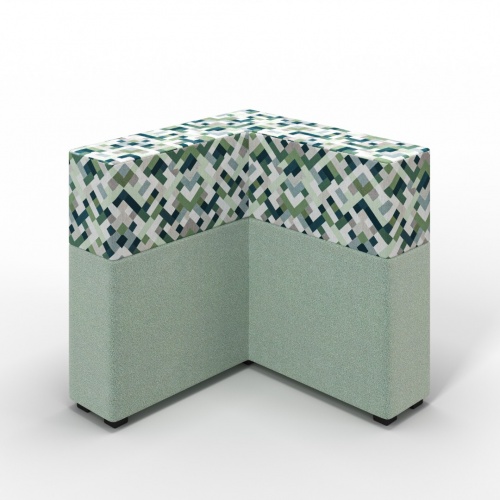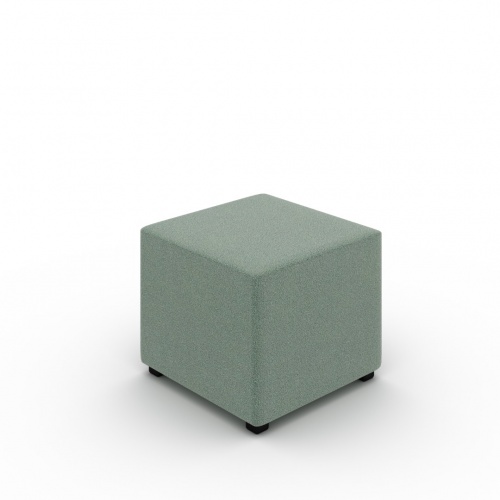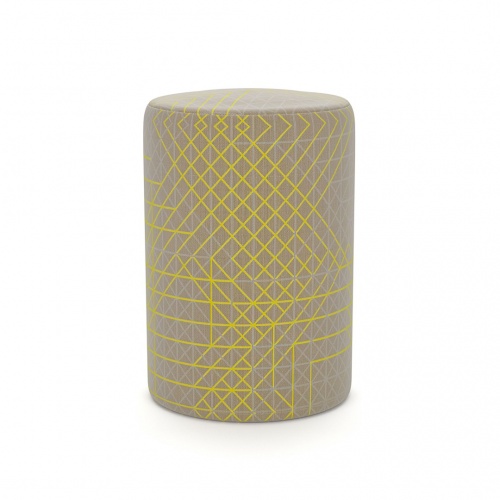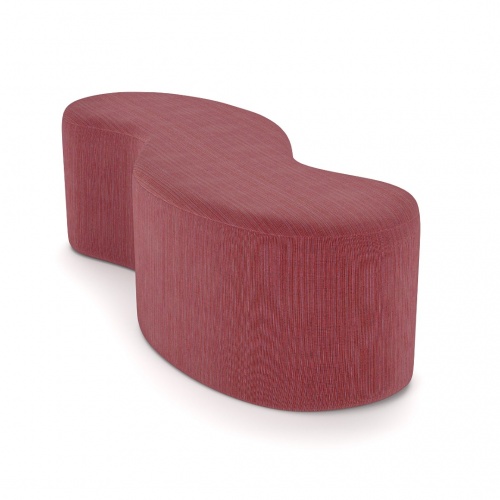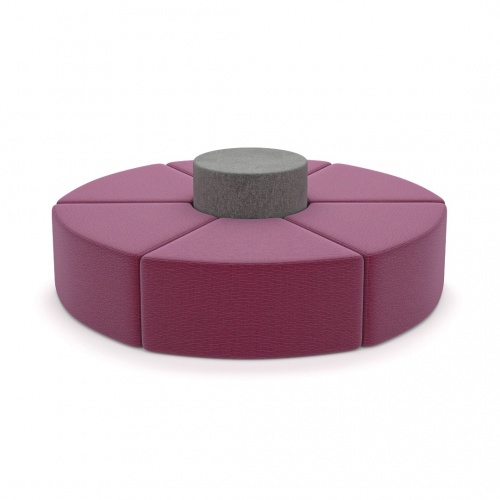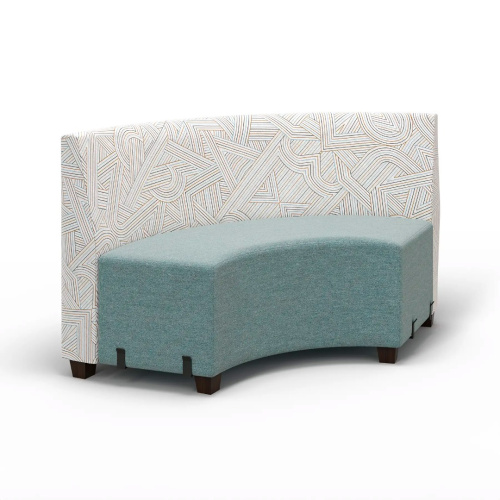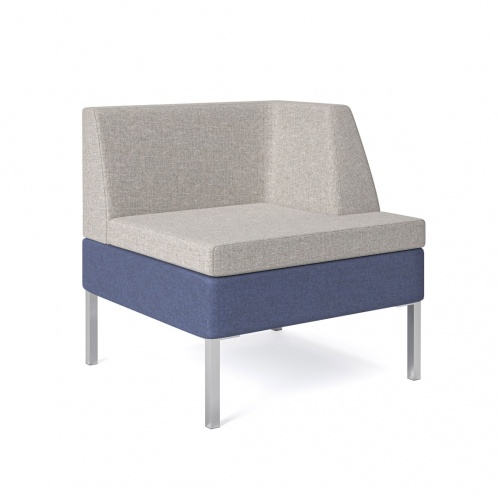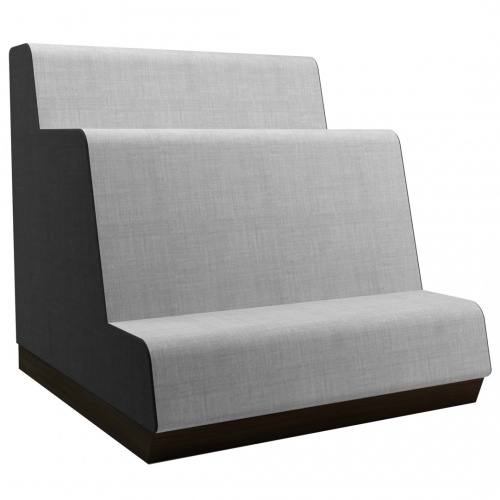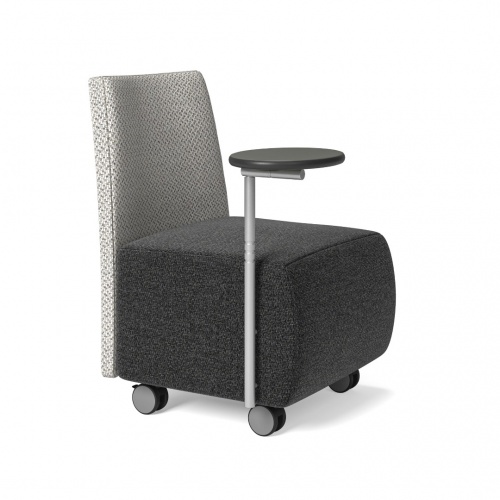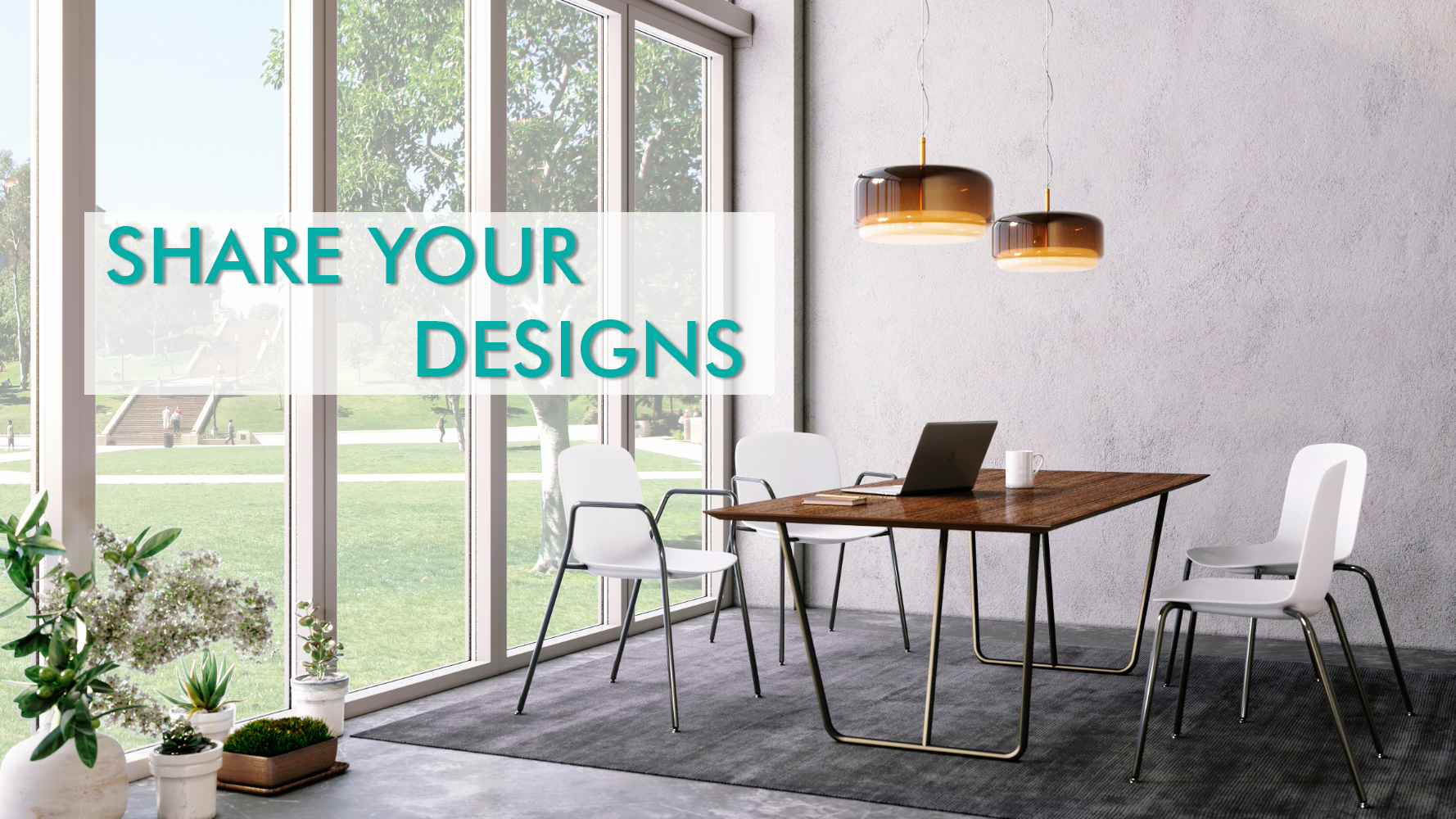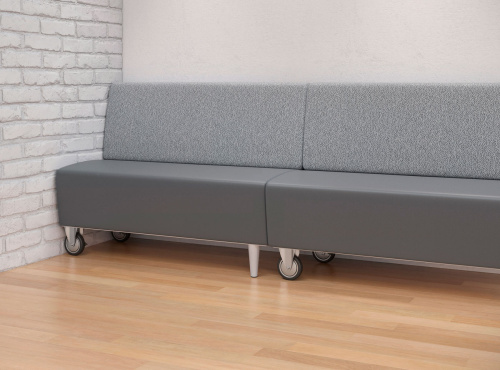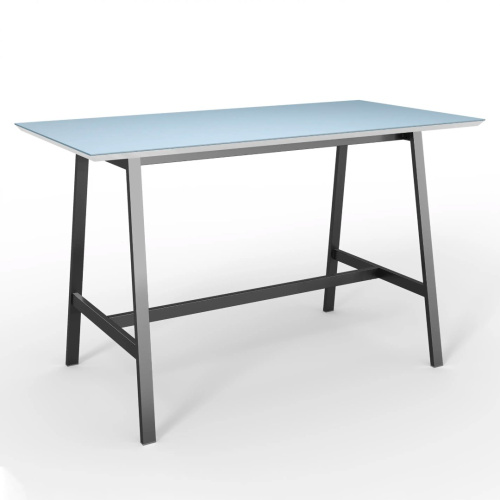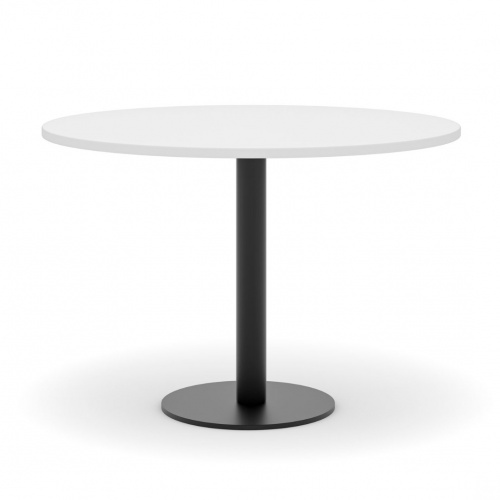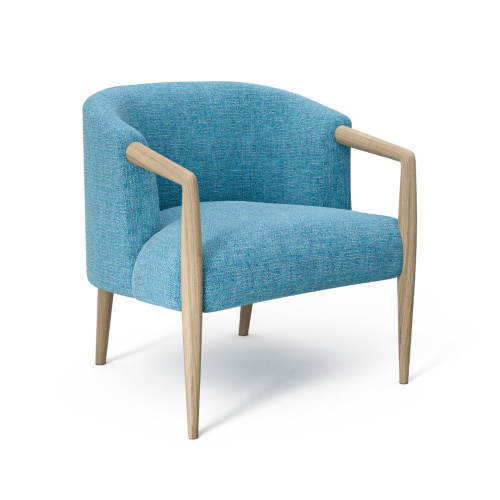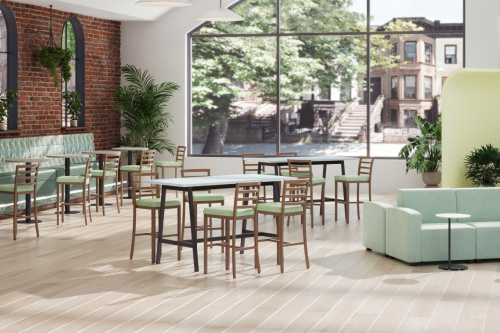In the ever-evolving landscape of modern work and academic environments, the traditional concept of fixed furniture layouts is giving way to a more dynamic approach. With the rise of flexible work arrangements, organizations are increasingly seeking furniture solutions that can adapt to changing needs and workflows. In response to these shifts, flexible and modular furniture systems are designed to empower businesses and higher education institutions to optimize space utilization and foster collaboration through versatile workplace seating environments.
Modular furniture is best described as a type of furniture design that consists of individual components or modules that can be combined, rearranged, or configured in various ways to create different furniture arrangements. These modules typically have standardized dimensions and connectors, allowing them to be visually cohesive as well as easily assembled or disassembled without the need for specialized tools or skills. Modular furniture systems offer a solution to many contemporary challenges by providing interchangeable components that can be easily reconfigured to suit different purposes. Whether it's rearranging seating for a team meeting or quickly accommodating breakout study groups, modular furniture systems enable organizations to quickly and efficiently adapt their spaces to meet evolving needs.
The Need for Flexibility
The traditional office setup, characterized by rows of desks and cubicles, no longer meets the diverse needs of today's workforce. Employees require spaces that can accommodate a variety of activities, from focused individual work to collaborative brainstorming sessions. Additionally, the shift towards remote and hybrid work models means office spaces must be able to adapt to fluctuating occupancy levels and changing usage patterns. Flexible seating arrangements allow institutions to maximize the utility of their facilities by repurposing spaces for various functions and activities.
Similarly, the need for furniture flexibility in higher education arises from the ever-evolving approach of teaching and subsequently, the associated learning environments. In today's educational landscape, traditional lecture-based instruction is counterbalanced by more interactive and collaborative approaches that require adaptable spaces. Students engage in group discussions, team projects, and hands-on activities, necessitating furniture solutions that can easily accommodate these diverse learning experiences. Flexibility in furniture design enables universities to create environments that can quickly adapt to changing pedagogical methods, technological advancements, and a dynamic student body.
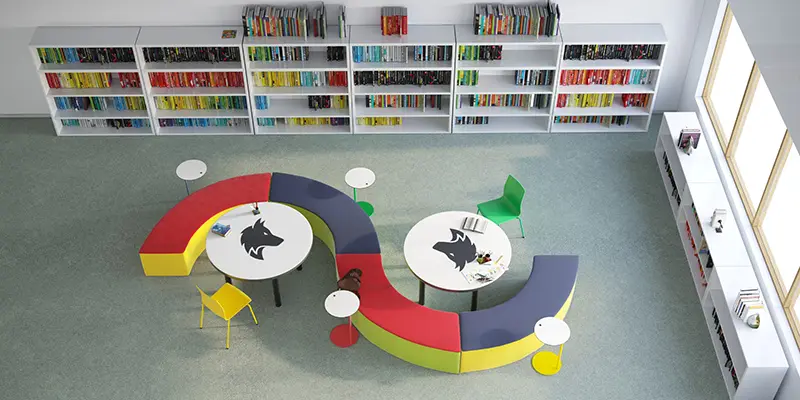
Optimizing Space Utilization
One of the key advantages of modular furniture is its ability to maximize space utilization. By minimizing or sometimes even eliminating the need for fixed layouts, organizations can make better use of existing available square footage, thereby reducing wasted space. This not only improves efficiency but also allows businesses to accommodate moderate growth without the need for costly expansions or relocations. The flexibility of modular furniture extends to the efficient use of physical spaces and the ability to accommodate changing enrollment numbers or program requirements.
Fostering Collaboration
In today's fast-paced work and academic environments, collaboration is essential for encouraging innovation and driving problem-solving. Modular furniture systems facilitate collaboration by creating flexible spaces that can easily be configured to encourage interaction and idea-sharing. From open-plan workstations and modular meeting rooms to flexible classroom and common space layouts, these adaptable solutions empower teams to collaborate more effectively.
As the nature of collaborative environments such as offices and universities continues to evolve, the layout of the physical space must follow suit. In university settings, where flexibility and adaptability are paramount, modular furniture systems offer unparalleled access for the student body to come together and collaborate comfortably. Modular furniture solutions offer a versatile and adaptable approach to furniture design, enabling organizations to create environments that support the diverse needs of their workforce and student body. By embracing these functional innovative solutions, businesses can optimize space utilization, foster collaboration, and promote user well-being. At the same time, higher academic institutions can create dynamic learning environments that inspire creativity, collaboration, and academic excellence, ultimately driving success in the ever-changing landscape of modern work and academic environments.

